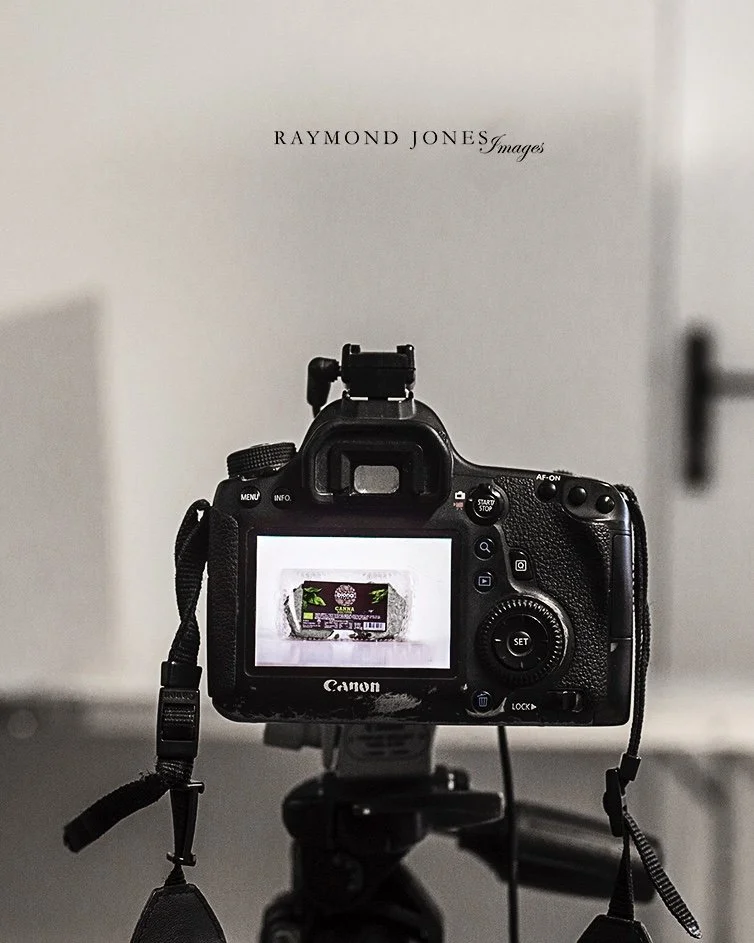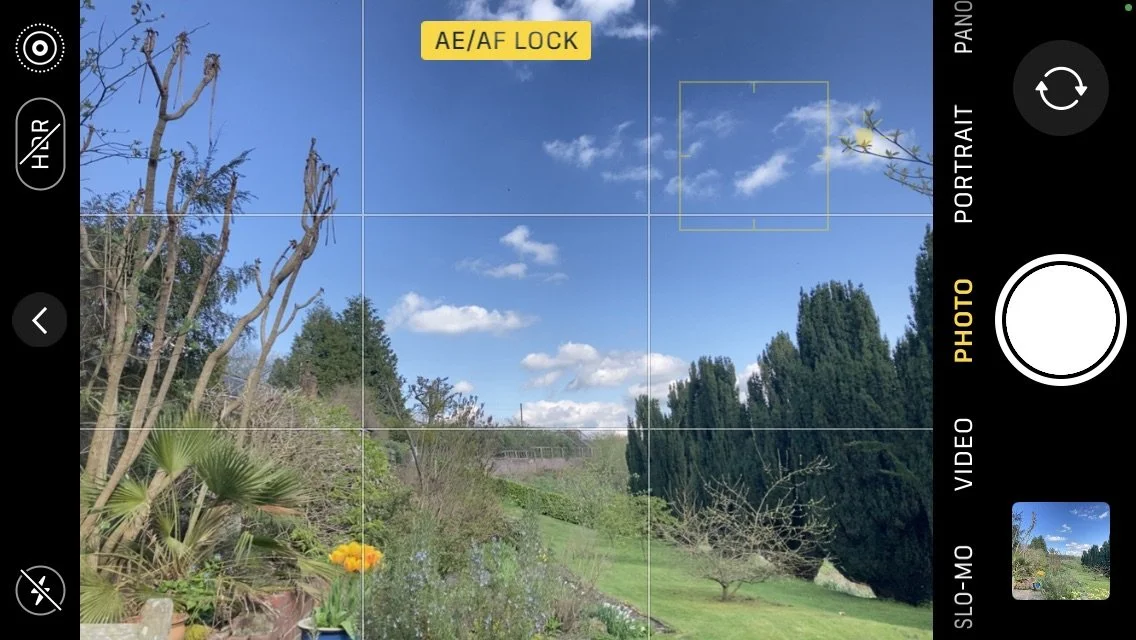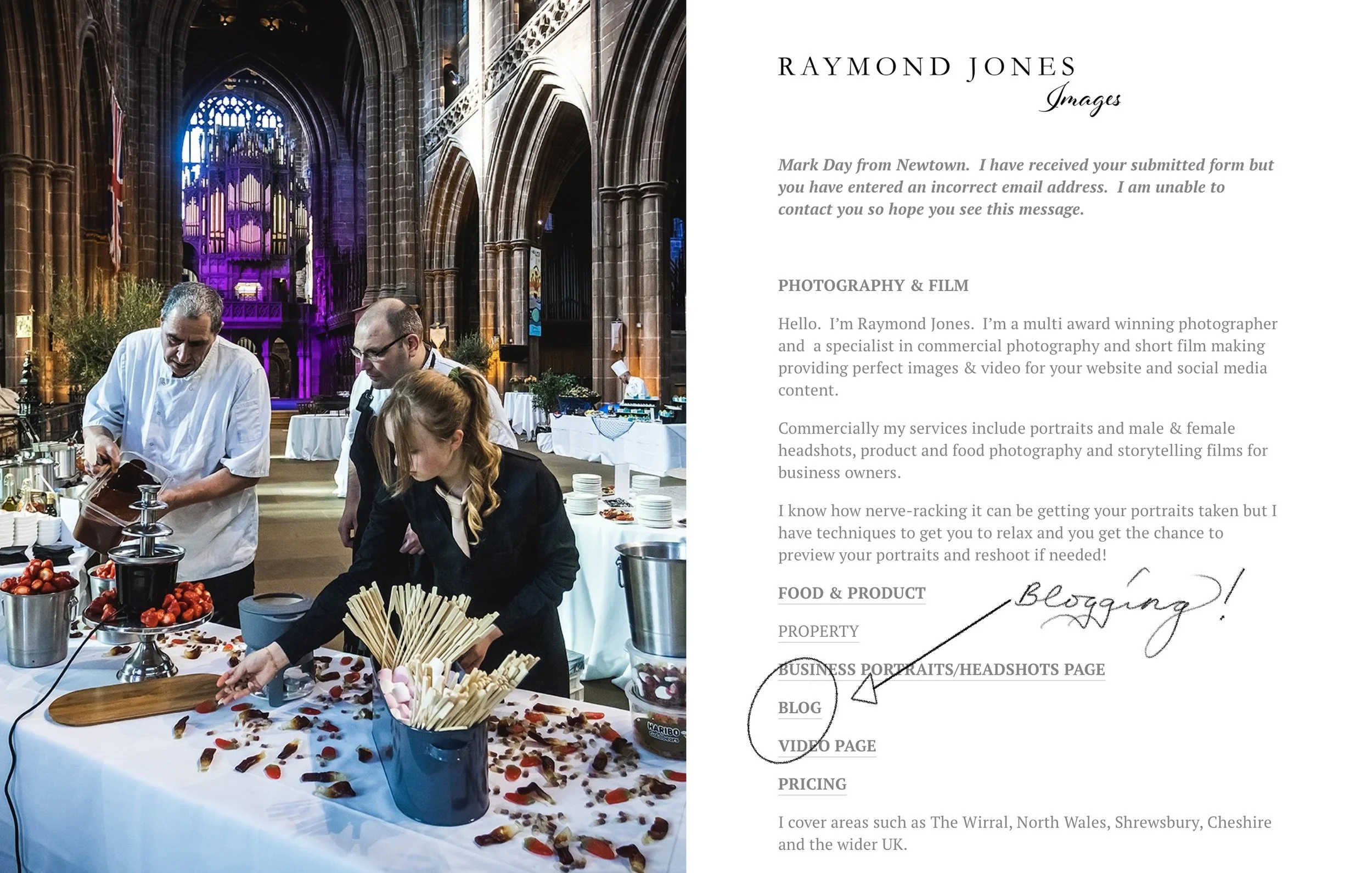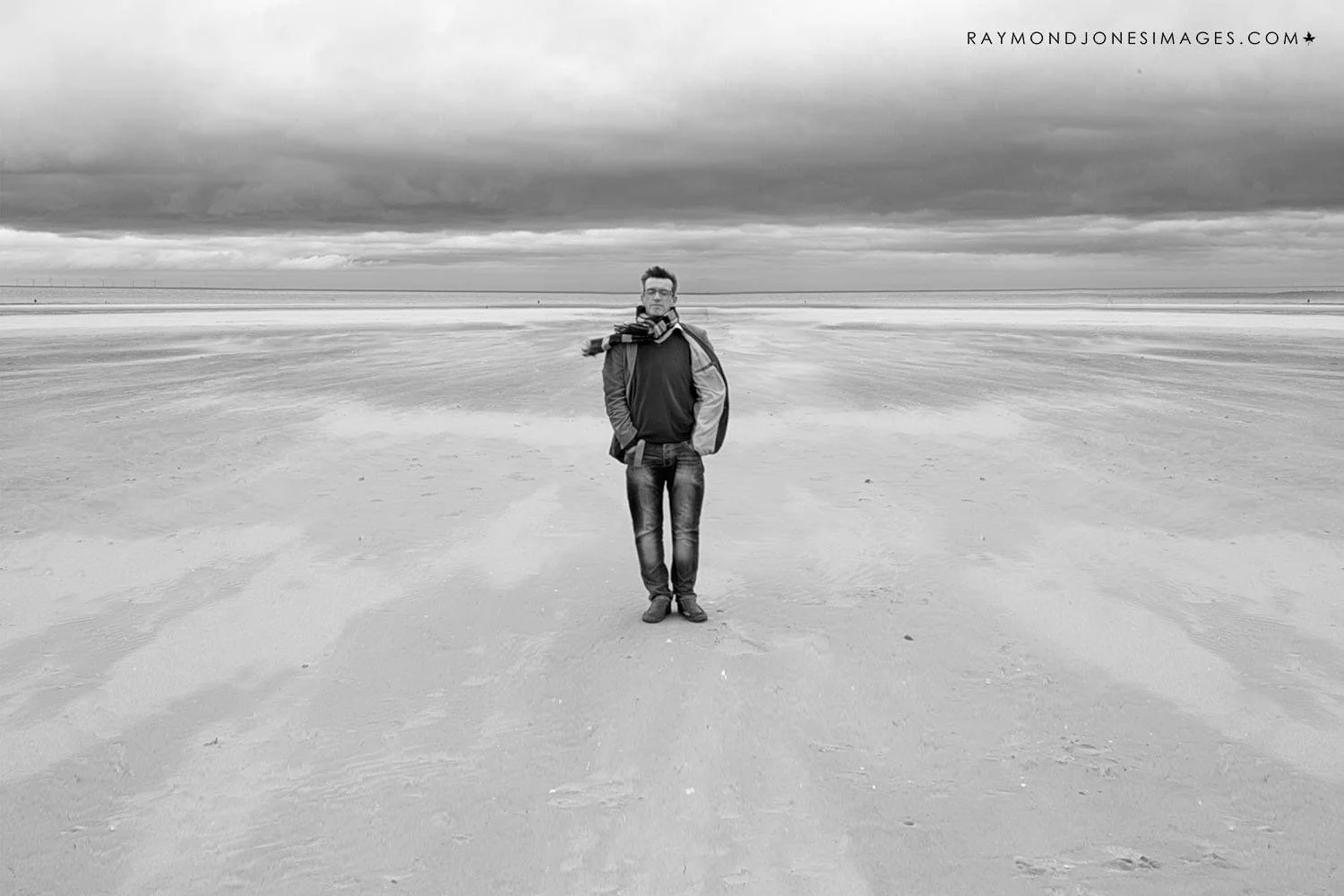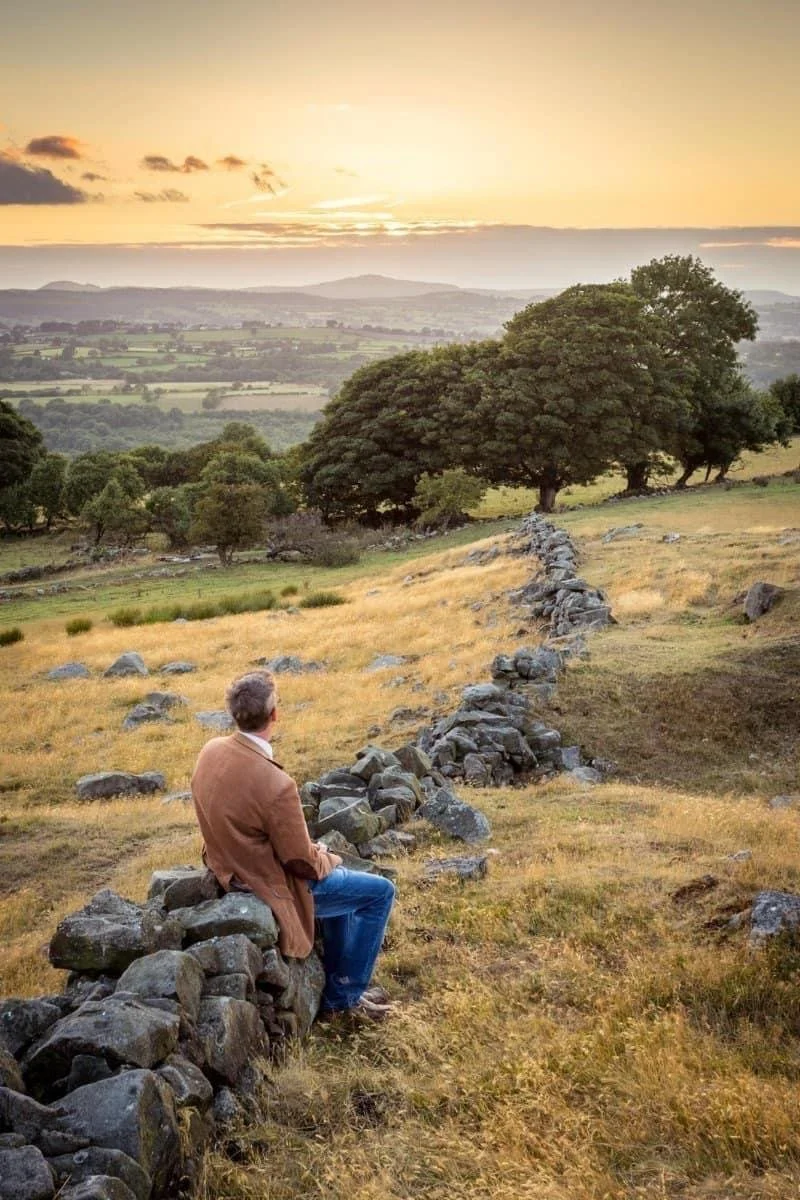In the world of media and broadcasting, there has long been a divide between traditional TV broadcasters and emerging mirrorless filmmakers. While both professions involve capturing and producing visual content, there are distinct differences in the tools and techniques used, as well as the perceived level of professionalism.
One issue that has become increasingly prevalent in recent years is the tendency for TV broadcasters to look down upon mirrorless filmmakers. This can manifest in a variety of ways, from dismissive attitudes to outright hostility.
At the heart of this issue is the fact that TV broadcasters have long been seen as the gold standard in terms of visual storytelling. They have access to top-of-the-line equipment, experienced crews, and established networks for distribution. Mirrorless filmmakers, on the other hand, typically work with smaller budgets and have to be more resourceful in order to get their projects off the ground.
This difference in resources can create a sense of superiority among TV broadcasters, who may view mirrorless filmmakers as amateurs or hobbyists. This can be especially frustrating for mirrorless filmmakers who take their craft seriously and strive to produce high-quality content.
Another contributing factor to this issue is the perception that mirrorless cameras are not as capable as traditional broadcast cameras. While it is true that mirrorless cameras may not have all of the same features as their broadcast counterparts, they have come a long way in recent years and are now capable of producing stunning visuals.
Despite these advancements, however, some TV broadcasters still view mirrorless cameras as inferior, and may even refuse to work with filmmakers who use them.
This attitude is not only unfair, but it also ignores the fact that many talented and successful filmmakers are now using mirrorless cameras to produce award-winning content. By dismissing these filmmakers, TV broadcasters are not only missing out on potentially valuable collaborations, but they are also perpetuating outdated notions of what constitutes "professional" equipment and techniques.
Ultimately, the divide between TV broadcasters and mirrorless filmmakers is a complex issue that touches on a range of factors, from resource allocation to attitudes about professionalism. While there is no easy solution to this problem, it is important for all parties involved to recognize the value of different approaches to visual storytelling and to work together to create a more inclusive and collaborative media landscape.











